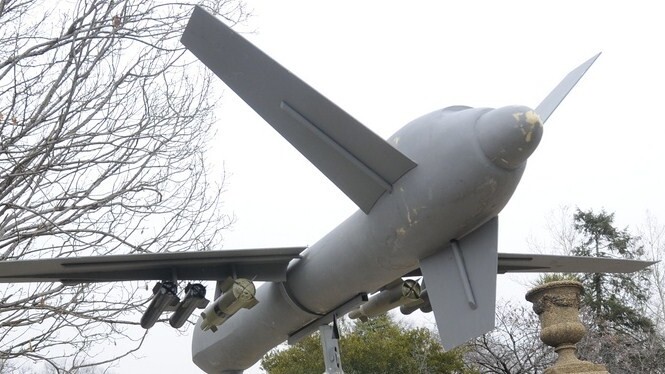
The newly introduced Preserving American Privacy Act (PAPA) in the House is a bill designed to constrain the usage of invasive drone technology, and to prevent the weaponization of the tools, known officially as ‘unmanned aircraft systems.’
The full text of the proposed bill can be found here. Reps. Zoe Lofgren and Ted Poe are its co-sponsors, giving it initial bipartisan momentum. In an emailed statement to TNW, both Representatives cited constitutional rights as part of their worry about encroaching drone usage. “The expanded use of drones on U.S. soil raises serious Constitutional and civil liberties issues that Congress needs to address,” said Lofgren.
Poe echoed her sentiment: “As we enter this uncharted world of drone technology, Congress must be proactive and establish boundaries for drone use that safeguard the Constitutional rights of Americans.” He went on to state that while technology is in a constant state of flux, the Constitution is a touch more rigid.
The bill stipulates that drones operated by the government must obtain a warrant before they can “collect information that can identify individuals in a private area.” In public areas, the government has to post notice that it will be collecting information in that location.
Also included in the bill are stipulations banning the arming of drones by private parties and law enforcement groups. The military is exempt from this, implying that armed drone usage by the Department of Defense can in fact pack sufficient heat to conclude your brief time aboard the good starship Earth.
There are exemptions built into the bill to allow for drone usage in certain situations, noting emergencies involving imminent threats. In such cases, a warrant must be applied for in the following 48 hours.
The rising profile of unmanned aircraft systems abroad has brought home, quite literally, their importance. The right to privacy is not to be toyed with. Confronting drones early and forcefully is the proper way to approach the issue.
Top Image Credit: Debra Sweet
Get the TNW newsletter
Get the most important tech news in your inbox each week.




